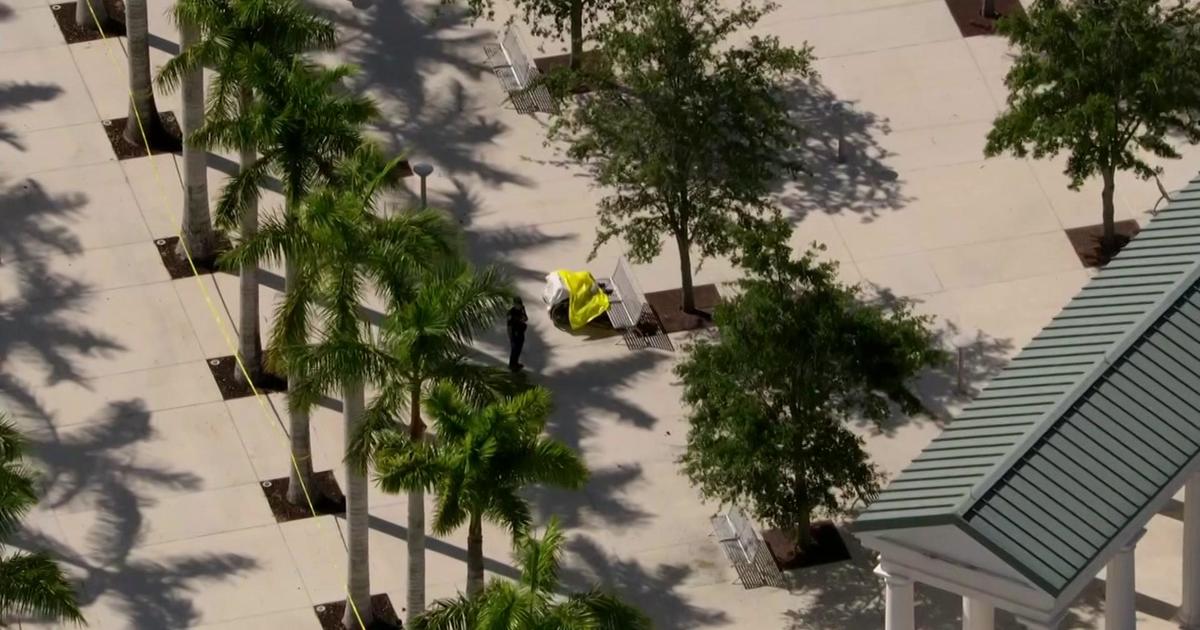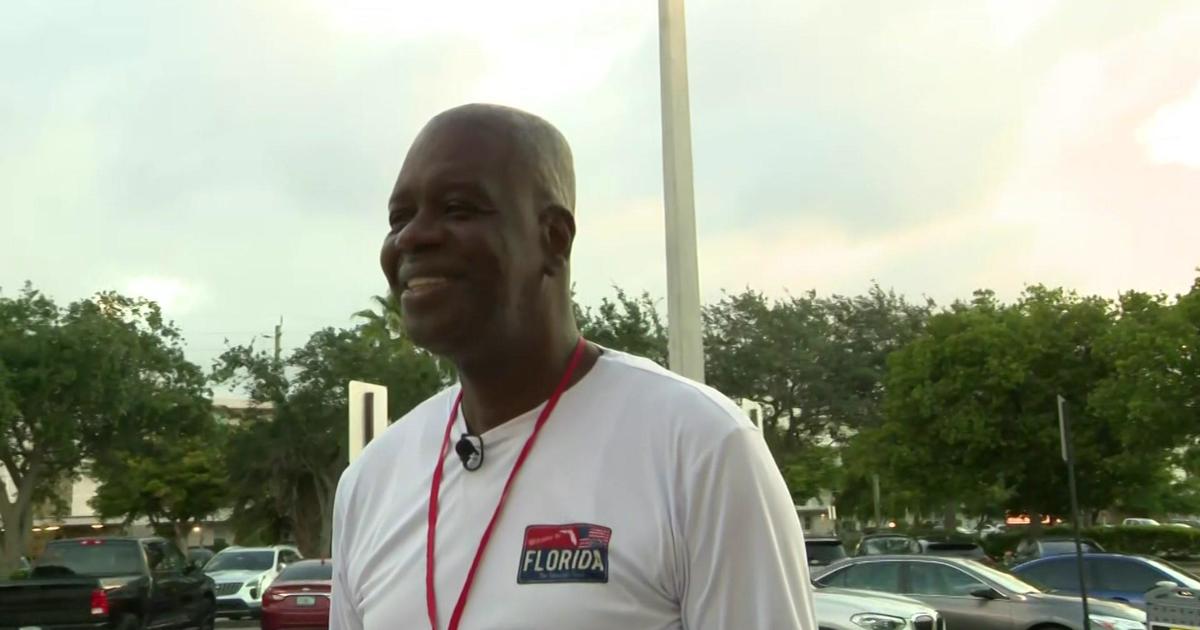Positive Youth Development
Written by Leann Barber, 4-H Volunteer and Club Leader
What is it and how do you implement it?
Positive Youth Development (PYD) is a term originated by the Interagency Working Group on Youth Programs, a collaboration of twelve federal departments and agencies that support youth.
PYD is defined as an "intentional, pro-social approach that engages youth within their communities, schools, organizations, peer groups, and families in a manner that is productive and constructive; recognizes, utilizes, and enhances youths' strengths; and promotes positive outcomes for young people by providing opportunities, fostering positive relationships, and furnishing the support needed to build on their leadership strengths."
Agencies, schools, and families that implement PYD methodologies see young people as the central actors in their own development, creating opportunities for youth to develop skills, practical knowledge and wisdom through observing, doing and living through experiences.
The PYD approach emphasizes the importance of environment and creating opportunities and programs that are available to all young people from different walks of life. This interaction promotes the sharing of experiences leading to greater insights, understanding, and connections.
The PYD considers the whole young person, not just a single characteristic or problem. It is designed to focus on the positive outcomes we desire for young people, rather than the negative outcomes we hope to prevent. Although stopping a negative behavior is often simpler to address than fostering overall positive behavior, carefully nurturing a child in a positive direction creates far better long-term outcomes. This takes empathy, patience, and skill, which may not come naturally or without training.
Assuming that we all want to use PYD techniques so our children will grow up to be healthy, happy, and contributing adults, how do we as an agency, school, or family ensure we are practicing Positive Youth Development principals?
4-H, the oldest and largest Positive Youth Development agency in the U.S. utilizing thousands of researchers across over one hundred land grant universities has identified eight essential elements to an effective PYD implementation.
- A positive relationship with a caring adult
- A safe environment
- An inclusive environment
- Engagement in learning
- Opportunity for Mastery
- Opportunity to see oneself as an active participant in the future
- Opportunity for self-determination
- Opportunity to value and practice service for others
Youth need to know they are cared about by others and feel a sense of connection to others in the group. This "fellowship" is an important part of a PYD experience. PYD gives youth the opportunity to feel physically and emotionally safe while actively participating in a group.
Current research emphasizes the importance for youth to have opportunities for long-term consistent relationships with adults other than parents. This research suggests that a sense of belonging may be the single most powerful positive ingredient we can add into the lives of children and youth.
Youth need to feel their lives have meaning and purpose. By participating in community service, service learning, and citizenship activities, youth can connect to communities and learn to give back to others. It's clear that these experiences provide the foundation that fosters altruism and empathy, helping us to understand the "big picture" of life while finding meaning and a sense of purpose.
In order to develop self-confidence youth need to feel and believe they are capable and they must experience for themselves success at solving problems and meeting challenges.
By exploring in-depth projects and activities outside of traditional academic curriculum, youth receive training in and are allowed sufficient practice time to master the skills needed to prepare for a successful career and positive life. As part of this, youth need to have a safe environment for making mistakes and getting feedback, not just through competition but also as an ongoing element of participation. Finally, youth need the breadth and depth of topics that allow them to pursue their own interests deeply and expansively. Not every child will be interested in the same activity, so PYD does not promote a "one-size fits all" approach.
Youth also need to know that they are able to influence people and events through decision-making and action. By exercising independence through leadership opportunities, youth mature in self-discipline and responsibility, learn to better understand themselves and become independent thinkers.
Achieving all of this while having fun and maintaining a stimulating environment for young people that are easily bored or distracted is the last great challenge for a well-designed PYD program, but vital to maintaining a high level of engagement. Only when youth are engaged in their own projects and plans do they feel inspired to take on the responsibility for their own learning and development, with the security of mind that they will be supported and trained by adults that are committed to their success.
Implementing the Positive Youth Development methodology requires a big commitment on the part of agencies, schools, and families, but the dividends are definitely worth it. Nurturing our children and encouraging them to become the future business and civic leaders of our community is an exciting prospect. Every child should be seen for the unrealized potential they are.
For more information about the Positive Youth Development Committee at Children's Service Council, contact Arlene Connelly, Director of Communications & Strategic Partnerships, OIC at 954-563-3535.
For more information about Positive Youth Development training and implementing the methodology in your agency, school, or home, contact Alexandra Jones, Broward County 4-H Extension Agent at 954-357-5278.
The Children's Services Council of Broward County is an independent taxing authority which was established by a public referendum on September 5, 2000, and reauthorized via referendum on November 4, 2014, which, through Public Act, Chapter 2000-461 of the laws of Florida, authorized the Council to levy up to 0.5 mills of property taxes. The role of the Council is to provide the leadership, advocacy and resources necessary to enhance children's lives and empower them to become responsible, productive adults through collaborative planning and funding of a continuum of quality care. To learn more about programs and services the Children's Services Council funds, please call (954) 377-1000.
Above content provided by Children's Services Council of Broward County.



